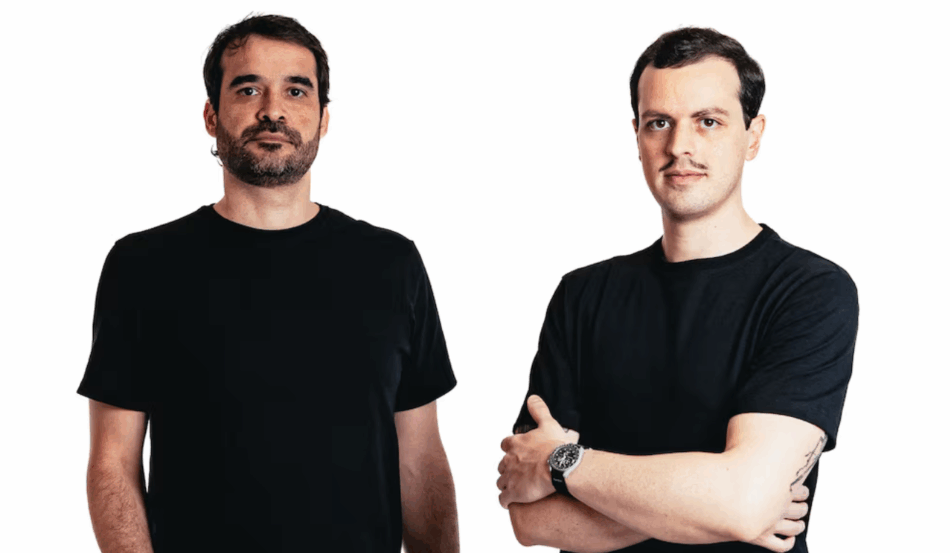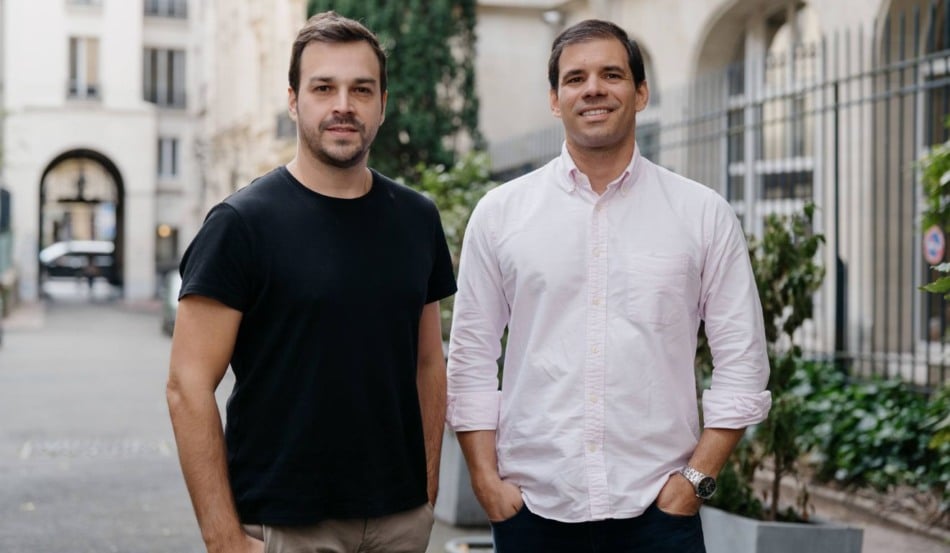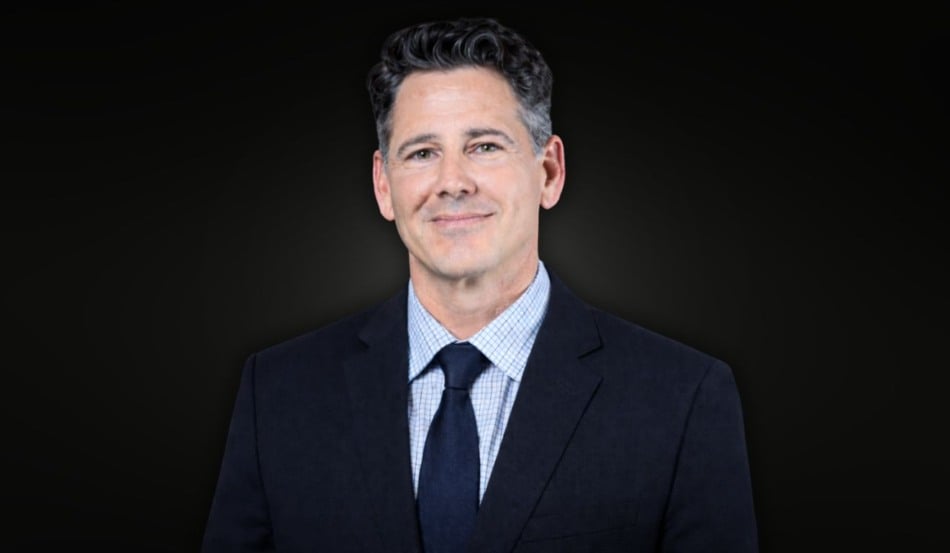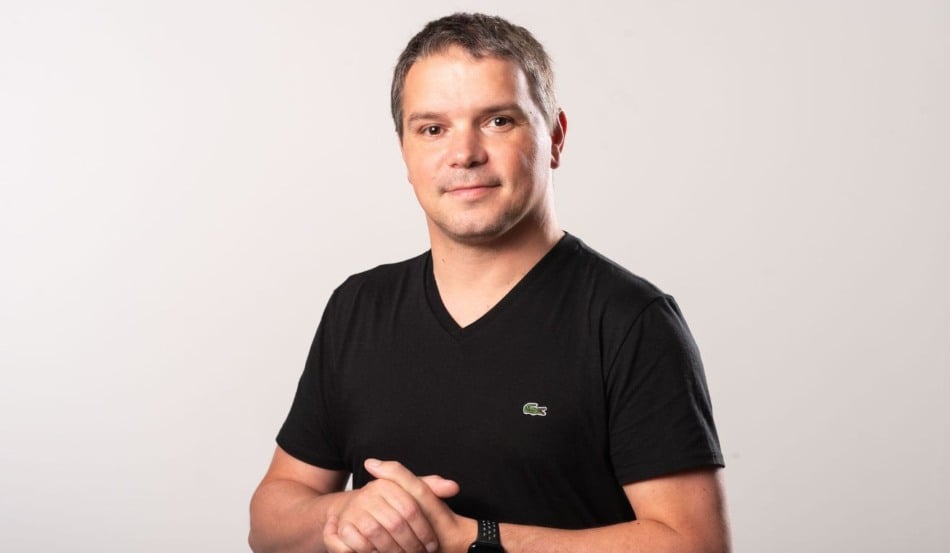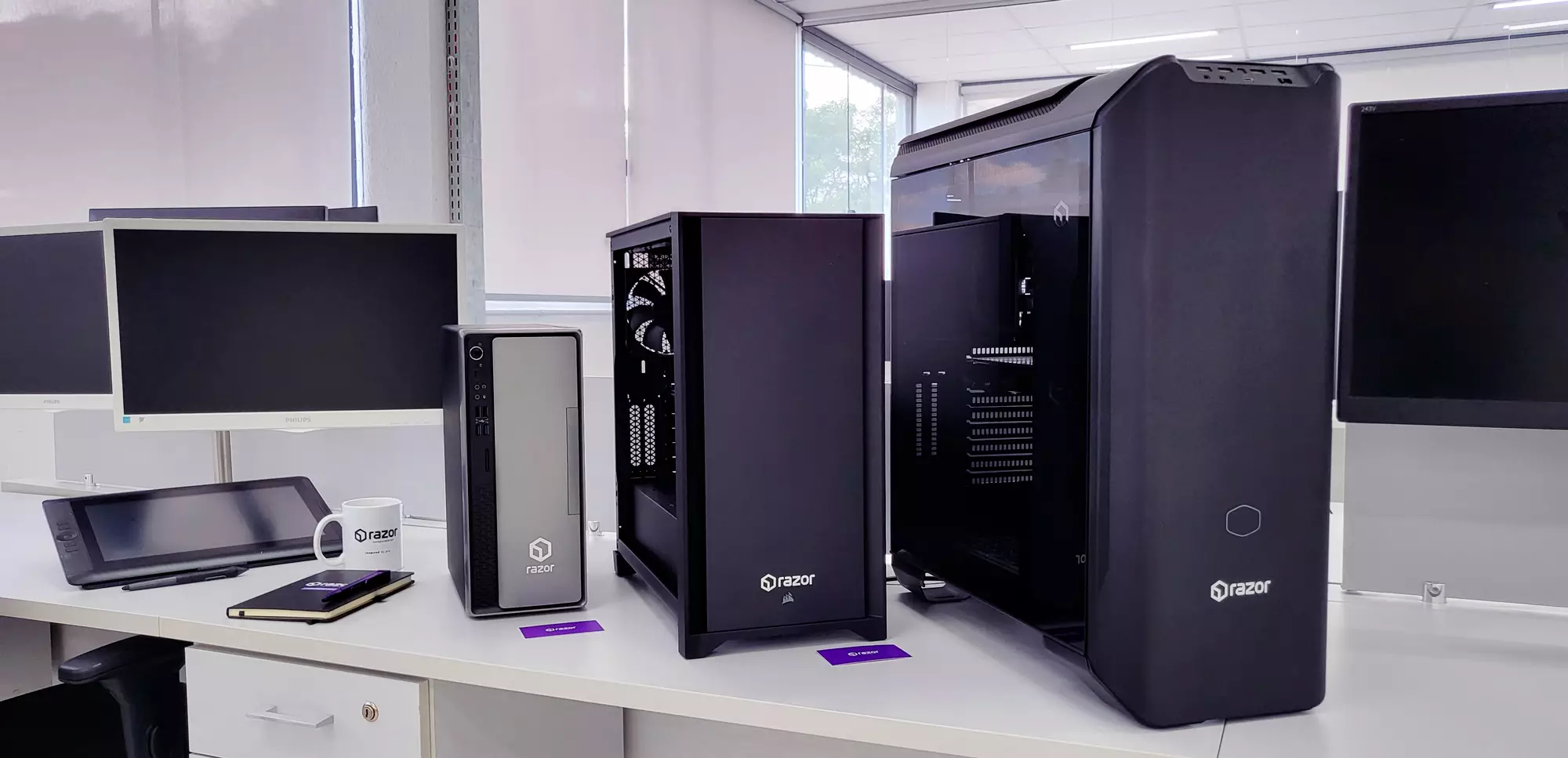
In a demonstration of how the current correction in the startup ecosystem is not exclusive to large companies, virtual operator Fluke has cut its workforce by more than 80% to keep its head above water. In addition, the company is about to be acquired by a player in the telecommunications sector as part of this move to ensure its own survival.
In June, the company, which provides no-strings-attached cell phone plans, spoke about its growth ambitions, and said it had no intentions of cutting payroll. “I am leading a company with almost 100 people, who trust me to guarantee that they will receive their salary the following month, in a context where so many companies are laying off and others are closing their doors”, said Marcos Oliveira, CEO at Fluke, at the time.
However, the situation has changed dramatically in recent weeks. Of the 101 professionals that the company employed, only 18 are currently on the payroll. Most of the remaining employees work in customer service functions, a number considered minimum to keep the operation running. The latest wave of cuts took place last week, when the company still employed 78 people.
In an interview with Startups, Oliveira said that the company tried multiple options to avoid layoffs, which included raising funds and providing services to other companies, all alternatives which proved insufficient to make ends meet. “We were under a lot of pressure in terms of the runway and the only way out was [make the staff cuts]. We were very transparent with the team: people were not taken by surprise and already knew about the difficulties we were going through”, he pointed out.
Oliveira noted that the founding team – which includes Augusto Pinheiro, Vinícius Akio and Yuki Watanabe – worked proactively to find jobs for a large part of the people the startup had to let go. According to the CEO, about 50% of those laid off went to a company from the same segment, while a part of the remaining staff that was made redundant was employed by other companies.
When asked whether he felt the duty to try to find new opportunities for as many people as possible, Oliveira said that this was a way of recognizing the contribution of former employees. “Unfortunately, we weren’t able to hit the brakes before hitting the wall, but these people believed in our dream and stayed with us, even through difficult times. It hurts a lot to see people separating,” he pointed out.
Expectation vs reality
As part of the survival movement, Fluke will have a new owner, a telecommunications company whose name Oliveira did not reveal, but should be announced soon. The company has already taken over some of the startup’s accounts, and should keep almost all of the capital. According to Fluke’s CEO, the company will continue to exist independently even after the acquisition.
“We will not die or become something else. Tens of thousands of people use our service daily, we’ve managed to keep our NPS in the 70-point range, and those are things we’re going to maintain,” said the entrepreneur, adding that Fluke is also announcing an increase in prices of about 20%. “The main objective now is to maintain the service for the customers we have at the base, make the necessary adjustments to the economics to be able to break even [costs with revenue] and grow again.”
But the current move is nothing like what the founders had envisioned for the virtual operator. “My plan was to ring the Nasdaq bell in a few years. Nobody is ready to make a move like that, or thinks they’re dreaming big enough. This merger is a way to keep the big dream”, said Oliveira, adding that the fundraising, which was necessary to maintain the growth rate foreseen for the company, faced a string of issues.
At the beginning of the year, Fluke was confident that it would close a robust Series A, and received a termsheet from an international fund with operations in Brazil. While the offer was non-binding, the startup felt that the due diligence process would be relatively straightforward and the money would soon be in the account.
In the meantime, the operator continued to grow, and more than tripled its customer base between January and June. But in May, the scenario for attracting investments started to get more complex and the investor pulled the termsheet back. “After that happened, we approached a few other VCs, but we had little time left and in addition to the unstable macroeconomic conditions, we had a specific point that made our funding process very difficult, which is the issue of the wholesale prices we pay for operators”, says Oliveira.
According to the CEO at Fluke, which uses the network of Vivo, one of Brazil’s three telcos, about 93% of the startup’s revenue covers network costs. This means that the startup keeps approximately 7% of what it makes to cover its other expenses, including payroll.
Despite having an expensive operation, the startup was also optimistic in relation to the implementation of improvements related to improvements to the prices charged by telecoms. But the new rules of the agreement signed by the operators with Anatel (Agência Nacional de Telecomunicações) and CADE (Administrative Council for Economic Defense), which would reduce Fluke’s cost by about 25%, are still far from becoming a reality.
Lessons and mistakes
When reflecting on the lessons learned over the last few months, Oliveira points out that both he and the other founders looked for a big problem (in this case, making mobile telephony uncomplicated in Brazil) to have something to learn for a long time. “I have no doubt that in these last difficult months I have learned much more than in the comfortable months. This is true for each founder in their respective area and we will continue to learn now in this new phase”, said the CEO.
Still on the positive aspects in the midst of the difficulties faced, the entrepreneur emphasizes that Fluke’s founding team is very young (the oldest of the founders is 25 years old), and has a long way to go, and is already accumulating an important baggage. “We still have a lot of energy to work and rebuild things. On the other hand, we will also make mistakes more often than someone who has double or triple experience would make mistakes”, he pointed out.
One of the possible mistakes is not raising a round in the good times, specifically when the startup participated in the prestigious Y Combinator acceleration last year. “We were able to raise a reasonable amount of money, but we made the decision to wait a little longer to raise a Series A round. This is one of the things we would have done differently, given the fact that there was capital available and interested people: maybe we would have been less concerned with dilution at that time and [with more capital] we would have been comfortable doing things”, he said.
Over the next six months, Fluke is expected to freeze hiring and the objective will be to keep the company running, despite the personal challenges that the recent changes have imposed. “For the last five and a half years of our lives, we’ve woken up and slept thinking about Fluke and never imagined ourselves doing anything else. Right now, my focus is on continuing to build this company”, he concluded.


